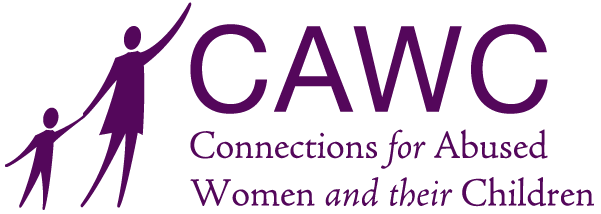Domestic violence is a traumatic experience for anyone who experiences or witnesses it, and that particularly includes children. According to the Child Witness to Violence Project, at least a third of children in the US have witnessed violence between their parents—often, multiple instances of it.
Exposure to domestic violence can have major repercussions for childrens’ health and well-being, both in the short-term and the long-term. It may also be a risk factor for a more present danger: of the families where domestic violence occurs, 40-60% have been known to engage in child abuse as well.
Understanding the effects of domestic violence on children is essential to being able to better support them and break the cycle of abuse. Here, we’ll review some of the common experiences of children of domestic violence, as well as strategies to help address and heal their trauma.
Impact of Domestic Violence on Children
Each child will react differently to witnessing domestic violence, depending on their age, circumstances, and personality. However, below are some examples of the behaviors and trends that tend to emerge frequently among children who have been exposed to abuse:
- Children may display behavior changes such as sleep or appetite disruptions. If they are younger, they may also wet the bed or revert to thumbsucking, even if they had already outgrown those behaviors previously.
- Children may become fearful, develop depression or anxiety, or may show increased anger and/or aggression.
- Children may become withdrawn and antisocial, or may struggle in school. Older children may act out by engaging in risky behaviors like criminal behavior, fighting or bullying, skipping school, or using drugs and alcohol.
Individuals who witnessed domestic violence as children are also at a higher risk for long-term mental and physical health issues, including depression, anxiety, diabetes, obesity, and heart disease. Alarmingly, individuals who were exposed to domestic abuse as children are often more likely to engage in or experience abuse themselves in their adult relationships.
Healing Is Possible for Children of Domestic Abuse
Children are resilient, and given the right support and care, they can overcome their trauma and become happy, healthy adults. Below are a few things that can help children who witness domestic violence heal:
- A loving, healthy relationship with a nonviolent parent
- Safe, stable environments
- Support systems and/or professional counseling
- Good coping skills and stress management techniques
At Connections for Abused Women and Their Children (CAWC), we believe that everyone has a right to a life free of violence. Our mission to end domestic violence is rooted in education, service, and advocacy. In addition to working toward broader social change, we provide empowerment-based and trauma-informed support in the form of shelter, counseling, and advocacy to individuals affected by domestic violence and their children. If you or someone you know is struggling with domestic violence, don’t hesitate to call our 24-hour hotline at (773) 278-4566. To support our work, consider volunteering or donating.
